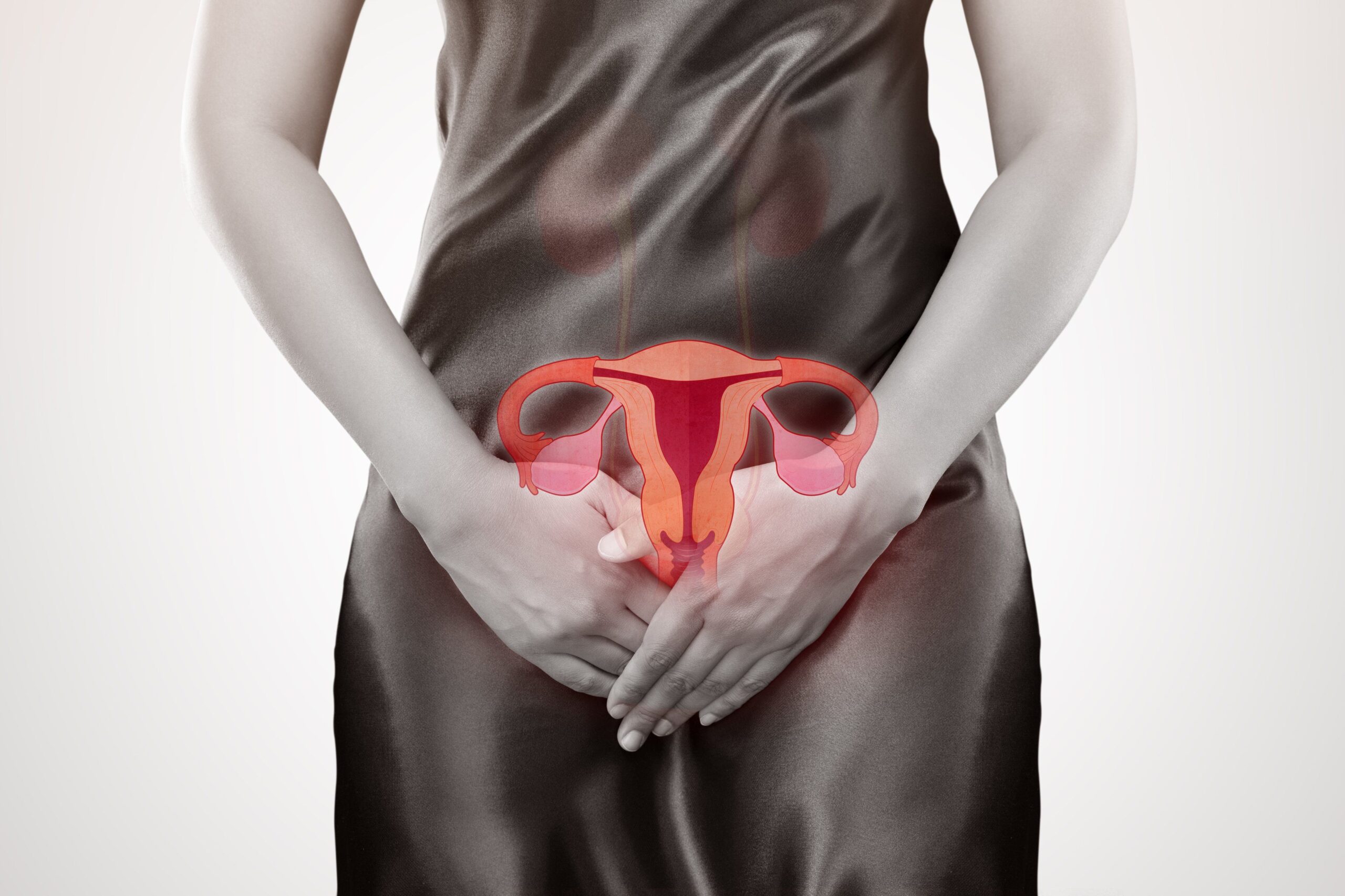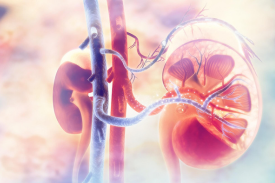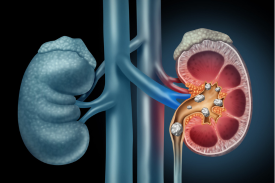From Stricture to Strength: Insights and Support for Urethral Health
Introduction:
Despite being an essential component of overall health, urethral health frequently receives less attention than other body parts. Particularly urethral strictures can have a significant effect on a person’s quality of life. We will look at the causes, signs, symptoms, available treatments, and preventative measures for urethral strictures in this blog post. We want to empower people to take control of their urethral health and ensure a stronger, happier future by increasing awareness and offering support.
Understanding Urethral Strictures:
Urethral strictures are caused by a narrowing or obstruction of the urethra, the tube that transports urine from the bladder to the outside of the body. This narrowing may be caused by a number of conditions, such as urethral trauma or injury, urinary tract infections, specific medical procedures, or even congenital abnormalities. Urination difficulties, weak urine flow, frequent urination, and, in more severe cases, total urinary obstruction are all common symptoms of urethral strictures.
Diagnosis and Treatment Options:
It’s important to see a doctor right away if you think you might have a urethral stricture. An extensive evaluation will be conducted by a healthcare professional, which may include a physical examination, a review of the patient’s medical history, and diagnostic procedures like urethrography or cystoscopy. Depending on the size and location of the stricture, there are various treatment options for urethral strictures. Typical strategies include:
- Dilation entails gradually stretching the constricted urethra with progressively bigger tools. Although dilation may offer momentary relief, the stricture might return.
- Urethrotomy: A urologist performs this procedure to improve urine flow by making an incision in the obstructive tissue or by removing it. However, there is a chance that the stricture will return after the urethrotomy
- Urethroplasty: This procedure is frequently suggested in cases that are more complicated. In this procedure, the narrowed section of the urethra is removed, and the urethra is then rebuilt using grafts or healthy tissue. For urethral strictures, urethroplasty has a higher success rate and provides long-lasting relief.
While some urethral strictures may be unavoidable, some steps can be taken to promote urethral health and lower the risk of strictures developing. Think about the following preventative advice:
- Reduce your risk of sexually transmitted infections by engaging in healthy, hygienic sexual behaviors.
- A healthcare professional should always be consulted before self-catheterization.
- Keep yourself hydrated and practice good bladder hygiene by emptying your bladder frequently.
- Urinary tract infections should be treated right away to avoid complications that could result in strictures.
- If you’ve had urological procedures, follow the proper post-operative care instructions.
Support and Resources:
Dealing with a urethral stricture can be difficult on an emotional and physical level. It is crucial to seek out support and use tools that can guide you through this journey. Support groups, online discussion boards, and educational websites can offer helpful knowledge, guidance, and a sense of community with people going through comparable experiences. Additionally, building a strong relationship with your healthcare professional can guarantee that you’ll receive ongoing support and care as you go through treatment and recovery.
Conclusion:
In conclusion, urethral health should be recognized and prioritized for overall well-being. Although urethral strictures can have a significant negative impact on a person’s quality of life, people can manage this condition successfully with knowledge, support, and prompt intervention. People can take proactive measures to ensure a healthier future by becoming aware of the causes, symptoms, available treatments, and preventive measures for urethral strictures.
If you think you might have a urethral stricture, you should see a doctor right away so that you can get a proper diagnosis and the best possible care. Depending on the severity of the stricture, treatments like dilation, urethrotomy, or urethroplasty can relieve symptoms and improve urine flow. Prevention is essential, and people can lower their risk by engaging in responsible sexual behavior, maintaining good urinary hygiene, and seeking out treatment.
For support and resources, there are various avenues available. Support groups, online forums, and educational websites can offer valuable information, advice, and a sense of community for those facing urethral strictures. Additionally, establishing a strong relationship with healthcare professionals, such as those at the Pune Institute of Urology, can ensure ongoing care and support throughout the treatment and recovery process.
Remember, taking control of urethral health is empowering. By staying informed, seeking support, and accessing appropriate medical care, individuals can strive toward a healthier and stronger future for their urethral well-being.




